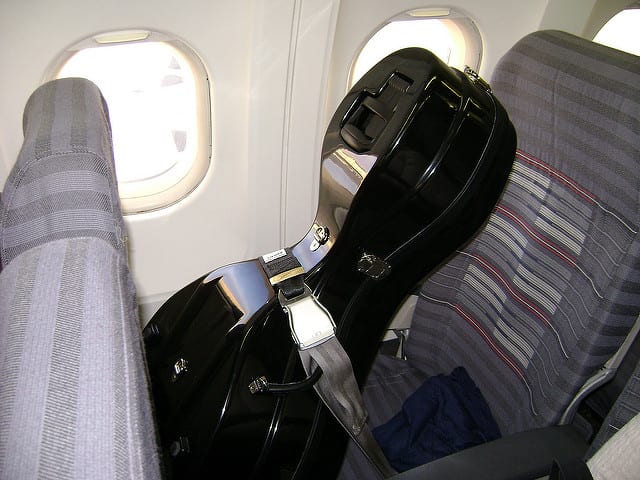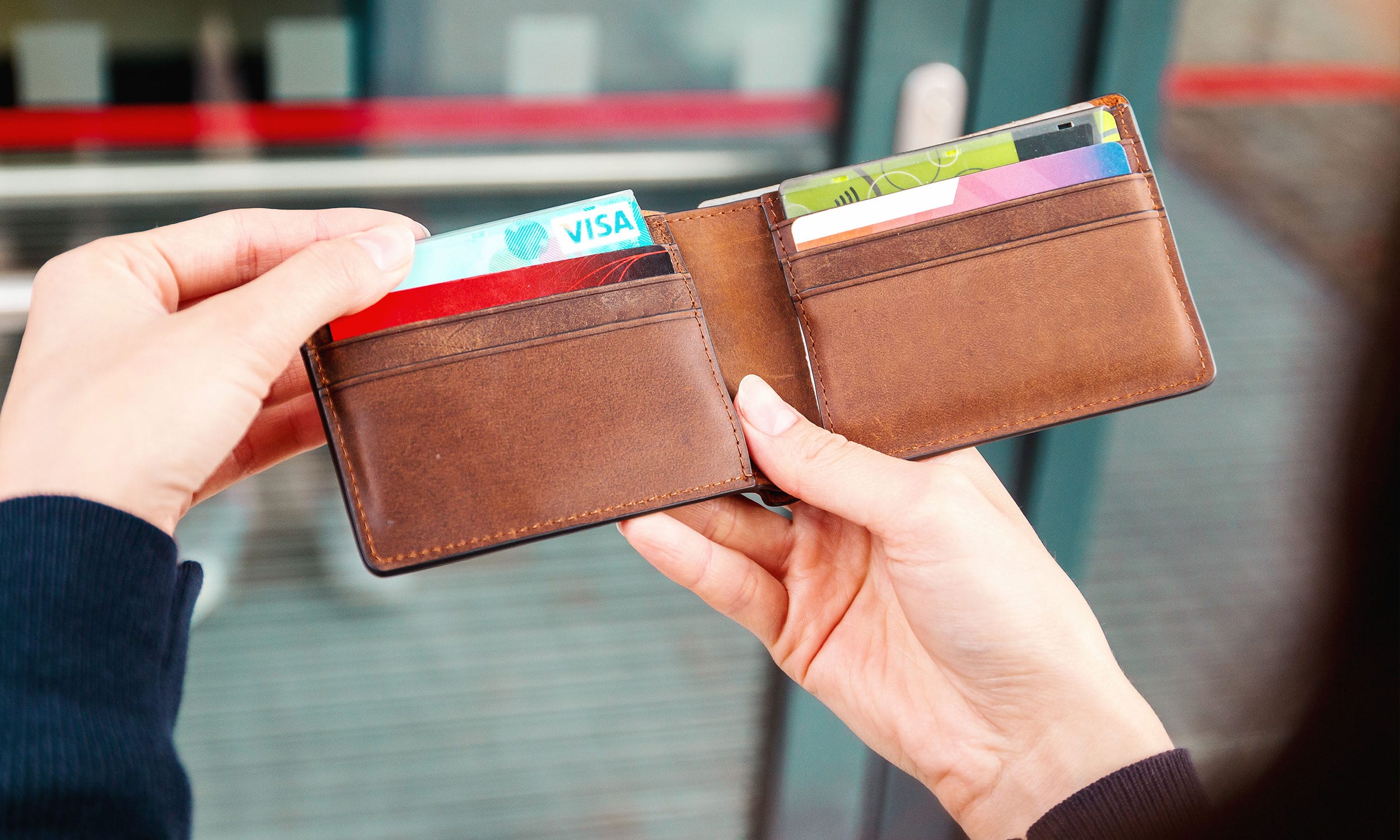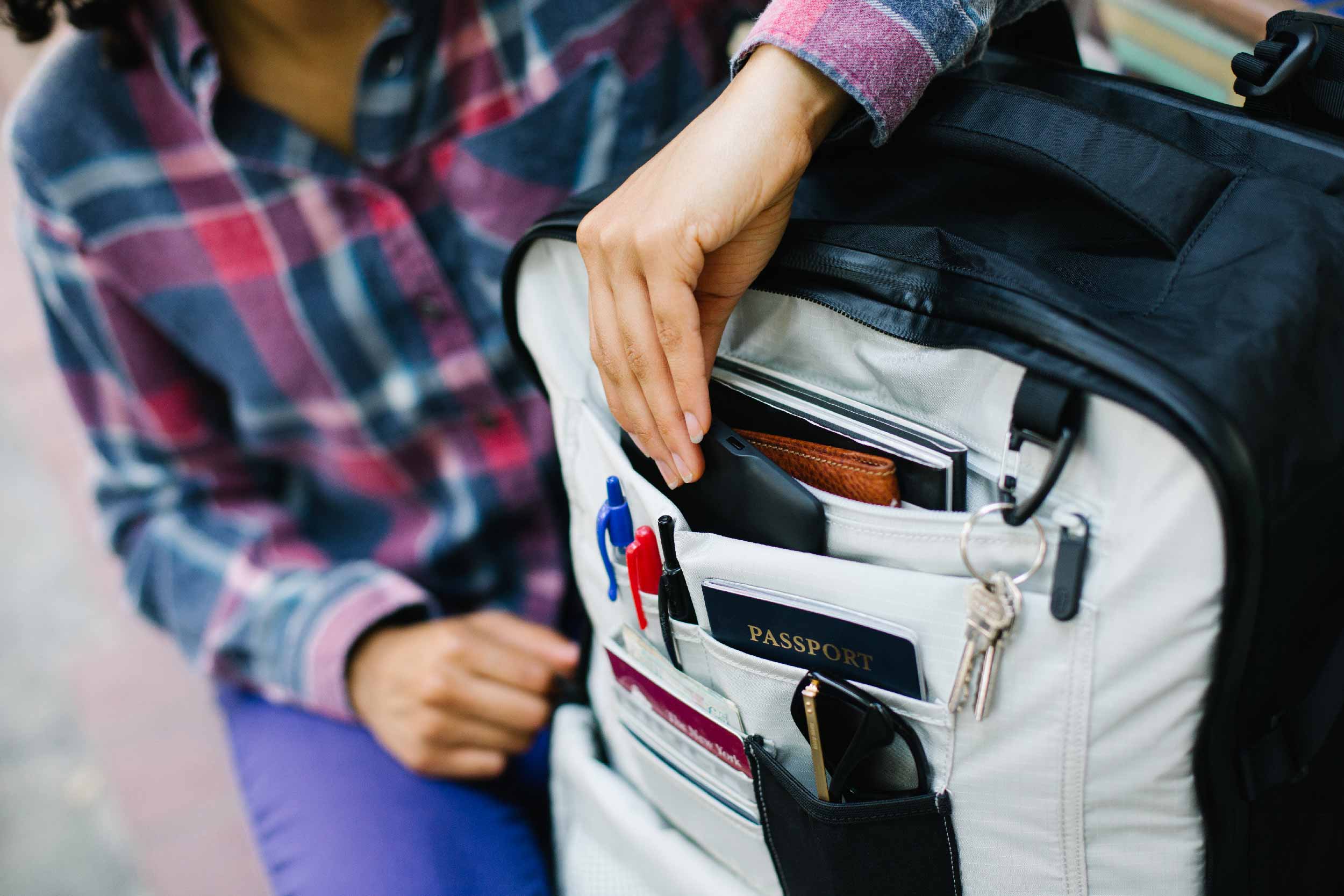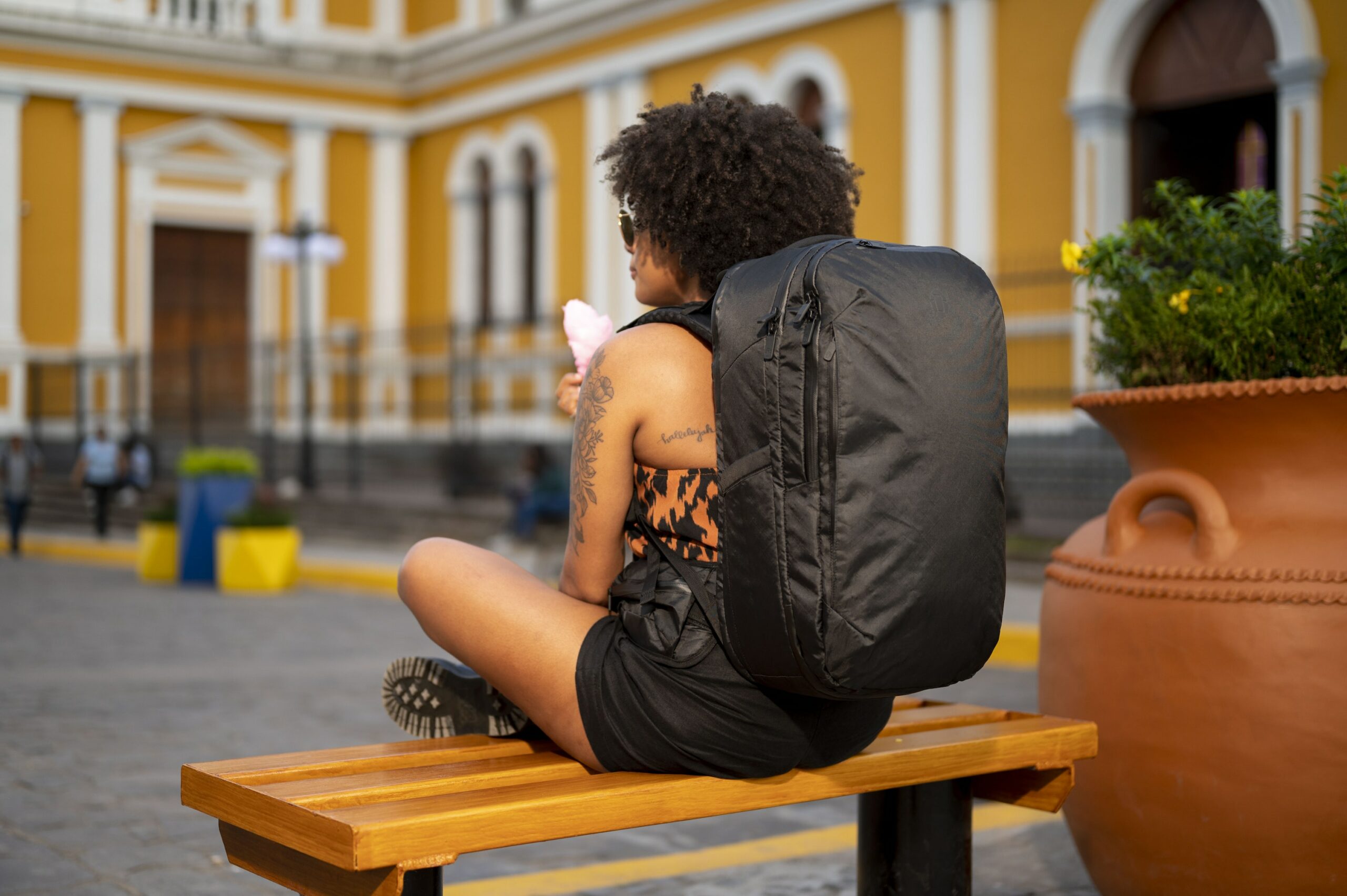Packing Tips for Traveling with Musical Instruments

The Tortuga Promise
At Tortuga, our mission is to make travel easier. Our advice and recommendations are based on years of travel experience. We only recommend products that we use on our own travels.
Table of Contents
Traveling with a musical instrument can be a pain — especially if you play something larger than a flute. I speak from experience. I’ve traveled with my guitar more than a few times, and later — being too cumbersome to travel with — swapped out the guitar for a ukulele I “borrowed” from my little brother for awhile.
Hassles aside, though, my guitar was responsible for my first study abroad friend (Hi, Matze!) and — since I carried the ukulele around without a case — I was frequently approached by excited Ticos in Costa Rica who’d exclaim, “Guitarrita!” and smile when I played a few quick chords.
Traveling with an instrument can be a ton of fun and a wonderful icebreaker, so don’t let the complicated logistics stop you. Here’s the low-down on how to flying with musical instruments as well as tips for how to pack musical instruments for travel.
Do Musical Instruments Count as a Carry On ?
Yes. Recently, the U.S. Department of Transportation passed a rule requiring airline carriers to allow small musical instruments on board aircraft as a
Like any other piece of luggage, you’ll be able to store it on a first come first served basis and could be requested by flight attendants to check it at the gate. This is a good reason to purchase a pre-boarding service.
However, having flown with a guitar on several occasions, I’ve found that not all aircraft have compartments big enough for it. Usually, an international flight is fine but some shorter flights with small “commuter” aircraft tend to pose a problem. In this circumstance, it’s kind of hit or miss. I’ve been on flights where they were empty enough to give my guitar it’s own seat (free of charge), whereas others have required me to check it at the gate.
As for dealing with TSA, be courteous and ask that they handle your instrument with care if they need to check out the bag.

Buying a Seat for Your Instrument
Those who play larger instruments, like a cello or a harp, have the option of buying a seat for an instrument.
Amateur musician, Cristina Wallace says in a recent CNN article about flying with instruments, “My cello has his own frequent flier account.”
This is a more expensive route but worth it if you have a valuable instrument that you don’t want to risk checking. If you go this route, though, just make sure that you:
- Notify the airline(s) you’re flying with 24 hours in advance of departure
- Like you would with any large equipment, try to arrive at the airport at least 30 minutes earlier than usual and be prepared to potentially run into problems.
- Choose your airline carefully. According to cellist Gregory Beaver, Delta tends to treat musicians traveling with large instruments better than United.

Checking Your Instrument
Sometimes, there’s just no way around checking your instrument. Whether the overhead compartment space is full or you aren’t able to buy a seat for it, here are a few tips to help you when checking your instrument as luggage:
Consider Buying a “Beater” Instrument
I have two guitars: the $100 Yamaha I learned to play on, and the $1,000 Esteve I bought when I became more serious. If I ever want to travel with a guitar, you’d better believe I’m packing the Yamaha
Although I still take precautions to make sure my guitar is safe when checked (and try to carry it on as often as possible), I’d still rather rest assured that if something happens to it (e.g. lost, broken, stolen) it’ll be easy and relatively cheap to replace. Also, I’ve never found a backpack guitar I really liked (hence the ukulele).
Get Travel Insurance
The airlines aren’t liable for your instrument — even if it’s their employees carelessly flinging it around (there’s even a song about United’s terrible reputation with breaking guitars) As such, you should really get travel insurance to cover you in the case that something happens to your instrument. Just be sure to read the fine print and make sure instruments are covered on their policy (most will).
Check Guitars and Smaller Instruments at the Gate
Since you’re legally allowed to bring it on the plane with you, wait until you’re at the gate to check it. It’ll have a better chance of making it on the plane and not getting lost in transit.
How to Pack Musical Instruments
Regardless of whether you’re checking your instrument, bringing it on an airplane, or taking it with you on a road trip, here are some tips for packing your instrument for travel:
- Get a hard case. For guitars, this case is a great option.
- For wooden instruments, put a humidifier in your case to avoid cracking.
- Detune the strings on a string instrument — especially for air travel — to keep them from snapping.
- Make sure you pack all loose space with socks, clothes, or other soft objects. I’ve even heard of piccolo and flute players packing their instrument in their suitcases and having no issues.

Cellist, Zoe Keating, for example says, to always, “Use a BAM flight cover over the case, detune the top and bottom string and pack socks all around the cello,” like she does to prep her cello for travel.
Whether you just want to bring your instrument on your next vacation, or you’re flying across the country for an amateur performance, traveling with an (expensive and fragile!) instrument isn’t always easy. To help make things easier:
- Smaller instruments count as
carry on luggage . Consider paying for priority boarding to get first dibs on overhead compartment space. - Notify the airlines at least 24 hours in advance and allow yourself extra time at check-in if you’ve bought a seat for your instrument.
- If you’re checking your instrument, pack it well in a hard case, get travel insurance, or consider buying a cheap travel version of your instrument.




